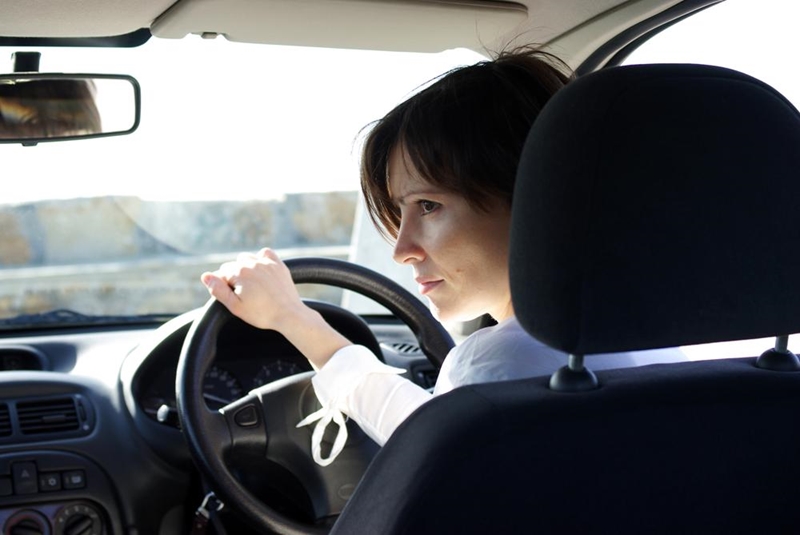
The vehicle identification number (VIN) is composed of 17 characters (digits and capital letters) that act as a unique identifier for the vehicle. A VIN displays the car's unique features, specifications and manufacturer.
The VIN can be found in a couple of places including on the car's registration label (1), on the compliance plate in the engine bay (2) or on the passenger side windshield (3), or on one of the door posts (where the door latches when it is closed) (4). See the image below:
When it comes to cars and driving, many of us like to believe we know at least a little something about why we do what we do. However, there are many habits out there that a lot of us have, which aren't necessarily good for our cars or our safety.
Here are five bad driving habits that we should stop doing.
Stretch the speed limit
Driving faster is never the answer - it may put you, your passengers and other road users at risk. In a previous blog article, we discovered that driving faster didn't save a significant amount of time at all and only burnt through more fuel than necessary. When it comes down to it, if you're already late for a meeting, driving faster can't turn back the clock.
You'll arrive at your destination looking frazzled, breathless, and quite possibly with a damaged car too. Simple rule is, the speed limit isn't a target, and being safe is always better than being sorry.

Watch out for your footwear
If you get into an accident and it's due to an illegal action on your part, such as not wearing your seatbelt, your insurance company has the right to deny assistance, leaving you to pay every cent of damage. The same goes for certain actions that aren't necessarily illegal, but play a hand in causing the accident - such as wearing inappropriate footwear.
While driving barefoot isn't against the rules, if you've not got a good grip on your pedals, it could bring you trouble. However, driving barefoot is always preferable over strappy sandals, jandals, and high heels - all of which could pose a significant risk of tangling up in your brakes. Keep an eye on which shoes you wear, and make sure you've got good control of your car.
Eating while driving
Across the states of Australia, it is illegal to use mobile phones while driving. Why is this? The number one reason is that phones are a distraction. Sometimes, these laws even stretch out to using a phone while your engine is still running, despite not actually driving. With food, and the act of eating while driving, it can pose the same problem.
You can't guarantee that your attention is solely on the road when you're trying to drive while eating. Driving a stick shift is even more dangerous, as it requires the use of both hands more so that eating while in an automatic transmission car. You're compromising your safety, and the enjoyment of your food, while doing both at the same time.

Leaving your engine running
Whether you think it's good to let your engine 'heat up' on a cold morning, or you're waiting to pick up a loved one, it could be doing more harm than good to your car. Manual cars may require some idling time before you put it into gear, but most modern cars, especially automatics, are fine to drive as soon as you turn the key. In fact, the Green Action Centre states that 10 seconds of engine idling could use more fuel than it would to turn off your engine and restart it1.
You are wearing out the engine of your car with out adding any mileage on. Next time you have to wait for someone in your car, simply turn the key.
Buying cars simply because of the low mileage.
Many people end up making bad car choices, simply because they assume that low mileage in a vehicle means it's been used less, and therefore in better condition. When shopping for a second-hand car, mileage is an important factor to consider, but you have to understand that it's only a small indicator of the whole condition of the car. Low mileage means you can get more out of it, yes, but not so much if the car hasn't been serviced regularly, or has been sitting around for a long while without being used.
Make sure you get an expert to check all areas of the used vehicle, and always get a CarHistory report first to make sure nothing is amiss before you make your decision.
1Green Action Centre, Myth Busted: Idling wastes fuel! Accessed September, 2016.